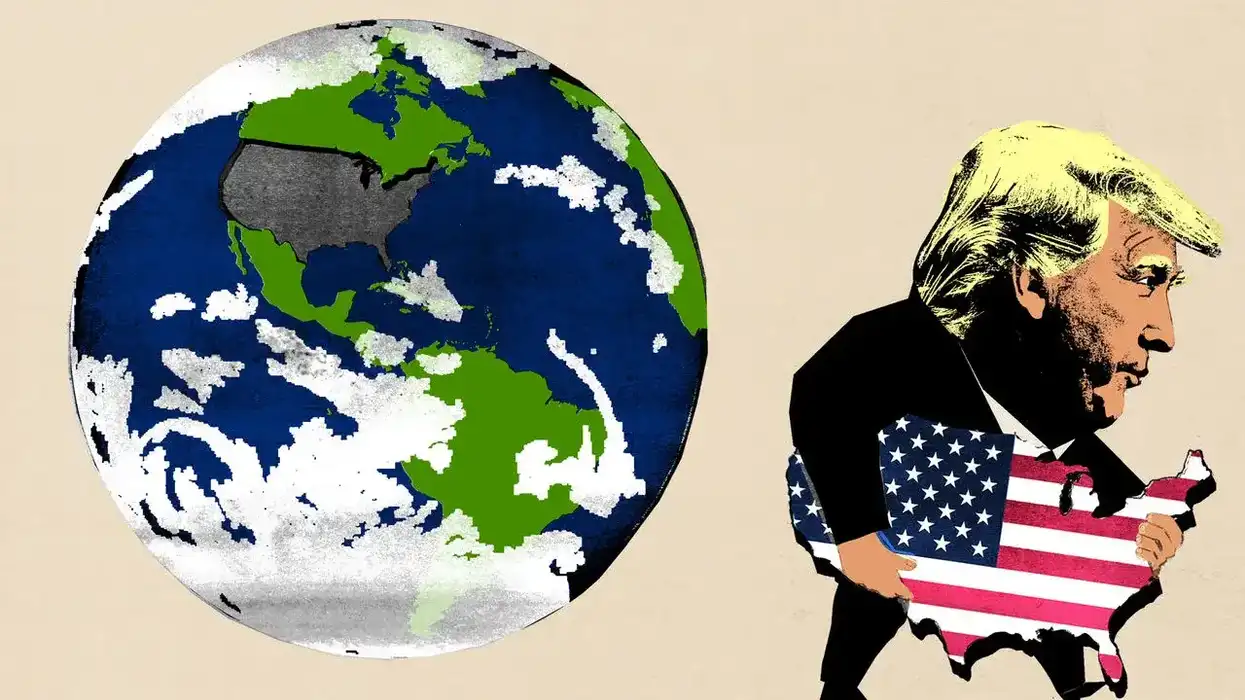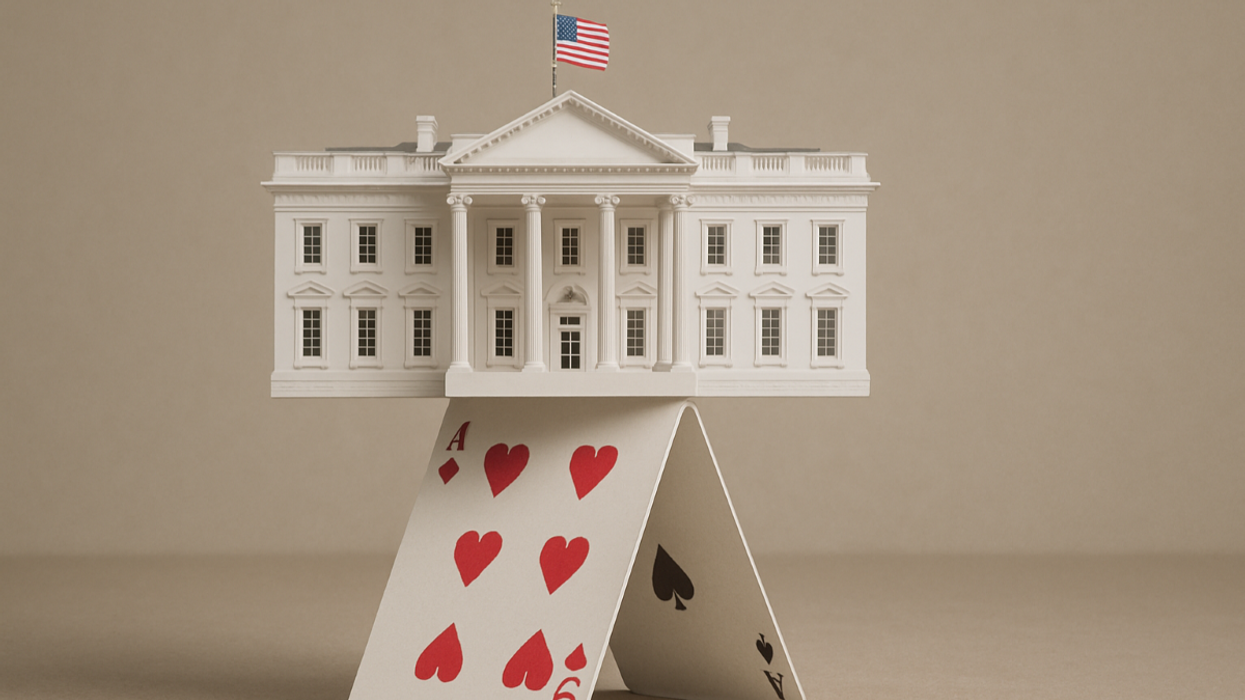The United States came within a hair’s breadth of serious civil instability last weekend when former President Donald Trump narrowly survived assassination at a campaign rally near Butler, PA. The attempt on Trump’s life, which killed one audience member and critically injured two others, marked the first time in over four decades that a sitting or former US president was shot at.
While the worst-case scenario was thankfully avoided, the attack was no one-off, both coming at and adding to one of the most volatile times in modern American history. As I warned in Eurasia Group’s Top Risk #1 for 2024, “The United States vs. itself,” extreme levels of polarization, record-low trust in democratic institutions, algorithmically boosted disinformation, and foreign and domestic weaponization of outrage has made political violence in the United States “nearly inevitable.”
Something like this was bound to happen sooner or later. Too many Americans across the spectrum have been primed to see their political rivals as mortal enemies out to destroy US democracy in every election. A national survey last year found that roughly 75% of Americans believe that US democracy is at risk in November (although they disagree on which side of the aisle the threat comes from), and 25% agree that patriots may have to resort to violence in order to save the country. Add to that the mental health and drug-use crises plaguing our society and the fact that the US has more (and deadlier) guns per capita than any other country in the world save Yemen (which is having a civil war), and the only surprise is that something like this didn’t happen sooner.
To be clear, we still don’t know what caused 20-year-old gunman Thomas Matthew Crooks to shoot Trump, and we may never find out. He could’ve been a severely ill man with easy access to a weapon and no agenda other than to commit suicide by cop in the highest profile way possible. But regardless of whether Saturday’s assassination attempt was politically motivated, nothing changes the fact that the United States is a country ripe for political violence.
American democracy is in crisis. The United States is still the most powerful country on the planet. Its economy and military remain the envy of the world, as do its technology companies and research universities. But the US is also the only major democracy in the world whose political system is in serious crisis. Elsewhere, elections are taking place normally and peacefully. Here, not so much. When I was a kid, we were the “shining city on a hill.” Most Americans no longer believe that their democracy is healthy or functional. No one around the world looks at America anymore and thinks, “I want my political system to work like that.” US allies are deeply troubled by this, and US adversaries see a generational opportunity.
Trump’s front-runner status gets a shot in the arm. The picture of a bloodied Trump defiantly raising his fist and yelling “Fight! Fight! Fight!” as Secret Service agents tried to hold him down and an American flag waved behind him will be the defining image of the presidential race. The attack solidifies Trump’s already strong grip on the Republican Party and cult status among the MAGA faithful while taking media focus off President Joe Biden’s issues and reducing internal Democratic pressure on him to drop out, making it less likely that he cedes the nomination to someone with a better chance of defeating Trump.
At the same time, Trump’s extraordinary physical response to being shot draws a more powerful contrast with Biden’s age and frailty than any debate performance or press conference could, making Trump marginally likelier to beat him in November. To top things off, the attempt makes it harder for Democrats to campaign on Trump as a threat to democracy without being accused of inciting violence against the former president. This neutralizes one of their most effective attack lines and further depresses Biden’s reelection odds. If I didn’t think Trump was the odds-on favorite before, I sure do now.
Trump has an opportunity to unite the country. As the victim of the assassination attempt and our likely next president, Trump is in a unique position to rally the entire nation together. Maybe, just maybe, could this be the moment when Trump decides to take the high road and finally Becomes President™ before he’s even elected? Don’t bet on it.
Unfortunately, nothing about his history suggests that he will do that. In fact, every impulse and instinct moves him in the exact opposite direction – to make this about his grievances against his political enemies, about dividing us vs. them, about getting retribution, about winning. That’s just who he is: a winner, not a leader. Someone who will do absolutely everything he can to get to the finish line first, no matter who he knocks down along the way. It’s how he made his billions, how he became famous, and how he became president.
Would a man who believes he has been wrongly persecuted, impeached, indicted, convicted, and nearly killed by his political enemies let them get away with it for the sake of the country? Or would he use all the tools at his disposal to do what he does best: win? I would love Trump to prove me wrong … but his selection of Ohio Sen. JD Vance – who on Saturday accused the Biden campaign of inciting the assassination attempt – as his VP pick and his latest rhetoric suggest he won’t.
Could any good come from this tragedy? Is the crisis big enough to shake us out of our complacency? I’m also skeptical. The weaponization of dangerous and divisive rhetoric has become too profitable and politically useful, and there are not enough people in positions of power who are willing to sacrifice their own ambitions, careers, and pocketbooks for the public good. This latter point speaks to a greater sickness afflicting the US: We are becoming a nation of winners but not of leaders. Trump is its purest, most unbridled expression, but the rot runs much deeper than him.
In this environment, I expect that the response to the near assassination will look less like the unifying, rally-around-the-flag response to 9/11 and more like the divisive and politicized response to Jan. 6, tearing the country further apart and presaging more, rather than less, violence and social instability to come. It’s going to get worse before it gets better.


















